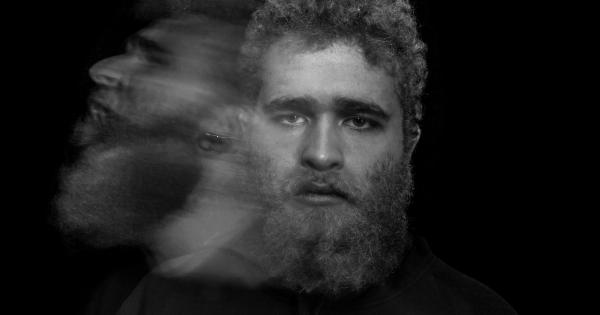Hysterectomy is a surgical procedure of removing the uterus, and, in some cases, the cervix. It is often performed to treat various gynecological conditions, including uterine fibroids, abnormal uterine bleeding, and endometriosis.
While hysterectomy can improve the quality of life for women, it is often associated with some physical and emotional side effects. One of the most common emotional side effects of hysterectomy is depression.
What is depression?
Depression is a mental health disorder characterized by persistent sadness, loss of interest or pleasure, feelings of guilt or worthlessness, and changes in appetite, sleep, and energy levels.
Depression can be triggered by various factors, such as genetics, stress, trauma, and medical conditions.
Why does hysterectomy increase the risk of depression?
The exact mechanism by which hysterectomy increases the risk of depression is unclear. However, several factors may contribute to this association:.
1. Hormonal changes
The uterus and ovaries work together to produce hormones, such as estrogen and progesterone, which regulate the menstrual cycle and affect mood, cognition, and behavior.
Hysterectomy can disrupt this hormonal balance, leading to physical and emotional symptoms, such as hot flashes, night sweats, irritability, anxiety, and depression. Moreover, if the ovaries are also removed, women can experience early menopause, which is associated with a higher risk of depression.
2. Pain and discomfort
Hysterectomy is a major surgery that requires an incision in the abdomen or vagina, and sometimes laparoscopy. It can cause pain, soreness, bruising, and discomfort for several weeks or months.
This physical trauma can trigger or worsen depression, especially if women have a history of chronic pain or trauma.
3. Body image and sexuality
The uterus is often associated with femininity, motherhood, and sexuality.
Its removal can affect women’s body image, self-esteem, and sexual function, especially if they experience complications, such as vaginal dryness, decreased libido, or painful intercourse. These changes can lead to emotional distress, shame, and guilt, which can contribute to depression.
4. Loss and grief
Hysterectomy can also be a source of loss and grief for some women, especially if they had a strong attachment to their uterus, or if the surgery prevents them from having children.
This sense of loss can trigger or exacerbate depression, especially if women do not receive adequate emotional support and counseling.
How to prevent or manage depression after hysterectomy?
Although not all women will experience depression after hysterectomy, those who do can benefit from various strategies, such as:.
1. Hormone replacement therapy (HRT)
If women undergo hysterectomy with bilateral oophorectomy (removal of both ovaries), they may benefit from HRT, which can improve the hormonal balance and alleviate menopausal symptoms, such as mood swings, hot flashes, and sleep disturbances.
However, HRT also carries some risks, such as blood clots, stroke, and breast cancer, so it should be used under the guidance of a healthcare provider.
2. Pain management
If women experience pain or discomfort after hysterectomy, they should talk to their healthcare provider about pain management options, such as pain relievers, ice or heat therapy, relaxation techniques, or physical therapy.
Managing pain can improve physical and emotional well-being and prevent the onset of depression.
3. Counseling and support groups
Women who experience depression after hysterectomy can benefit from counseling or therapy, which can help them process their emotions, cope with the changes in their body and life, and develop coping skills.
They can also join support groups, where they can interact with other women who have undergone hysterectomy and share their experiences, challenges, and strategies.
4. Self-care and stress management
Women can also take care of their mental and physical health by adopting healthy lifestyle habits, such as eating a balanced diet, getting enough sleep, exercising regularly, avoiding alcohol and drugs, and practicing stress-management techniques, such as meditation, yoga, or deep breathing. These habits can enhance mood, resilience, and overall well-being.
The bottom line
Hysterectomy is a common surgical procedure that can improve the quality of life for women, but it can also increase the risk of depression, especially if women experience hormonal changes, pain, discomfort, body image and sexuality issues, or grief and loss. However, women can prevent or manage depression after hysterectomy by seeking medical advice, pain management, counseling and support, and self-care habits.






























